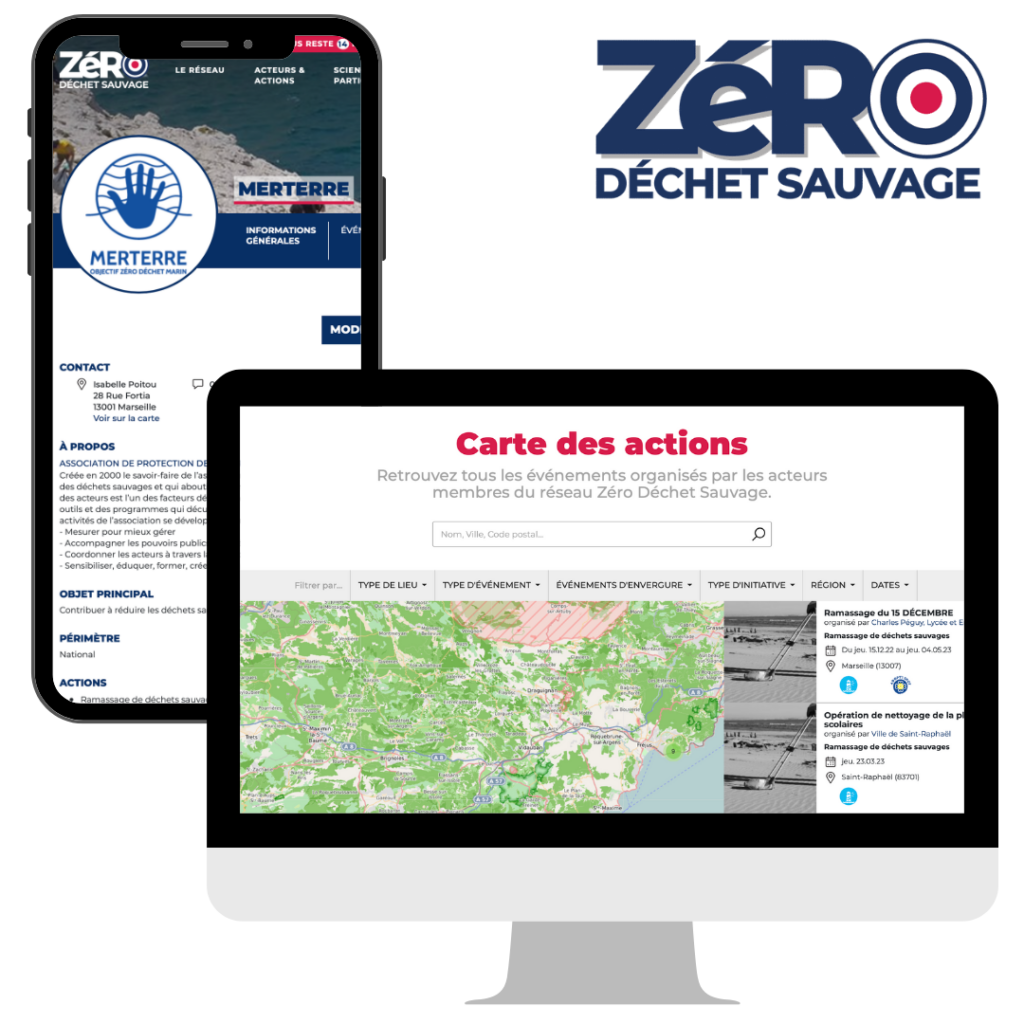Zero Dechet Sauvage
MerTerre is proud to present its collaborative platform Zero Dechet Sauvage and its Mediterranean branch ReMed Zéro Plastic.
The aim of this platform is to help reduce the amount of litter that ends up in the sea.
A collaborative platform
Public policies always start with concrete, real-world knowledge. Data on waste collected during clean-up operations are precious, enabling us to trace waste back to its origin and draw up recommendations. A genuine platform for awareness-raising, best practices and knowledge-sharing. MerTerre then analyzes and valorizes the data on the waste collected to guide public policy.
That's why MerTerre has designed and created the Zero Dechet Sauvage platform with the support of the Provence-Alpes-Côte d’Azur Region and the French Ministry of Ecological Transition, developed in partnership with the National Museum of Natural History.

Transformer les données citoyennes de ramassage de déchets en actions concrètes, c’est le pari tenu par la plateforme collaborative Zéro Déchet Sauvage. Pilotée par l’association MerTerre, les 570 structures mobilisées et les 2 800 ramassages effectués, permettent de livrer un premier bilan accessible à tous.
Chaque année la plateforme Zéro Déchet Sauvage enregistre de plus en plus de relevés issus de caractérisations réalisées dans le cadre de ramassages de déchets abandonnés. Ce réseau d’acteurs associatifs et publics est engagé pour réduire les déchets marins, en agissant en amont, sur les déchets abandonnés diffus à l’intérieur des terres.
C’est 570 structures, sur l’ensemble du territoire métropolitain et d’Outre-Mer, qui collaborent et centralisent des données sur une plateforme unique. Le bilan, en libre accès, est le résultat de la mobilisation de près de 89 000 personnes et représente 427 tonnes de déchets ramassés. Matériau le plus impactant pour les écosystèmes, le plastique est aussi celui le plus retrouvé et représente plus de 40% des volumes ramassés. Typologie des matériaux, quantification des différents déchets et secteurs économiques les plus impactants sont désormais accessibles dans ce bilan détaillé.
The must-have functionalities
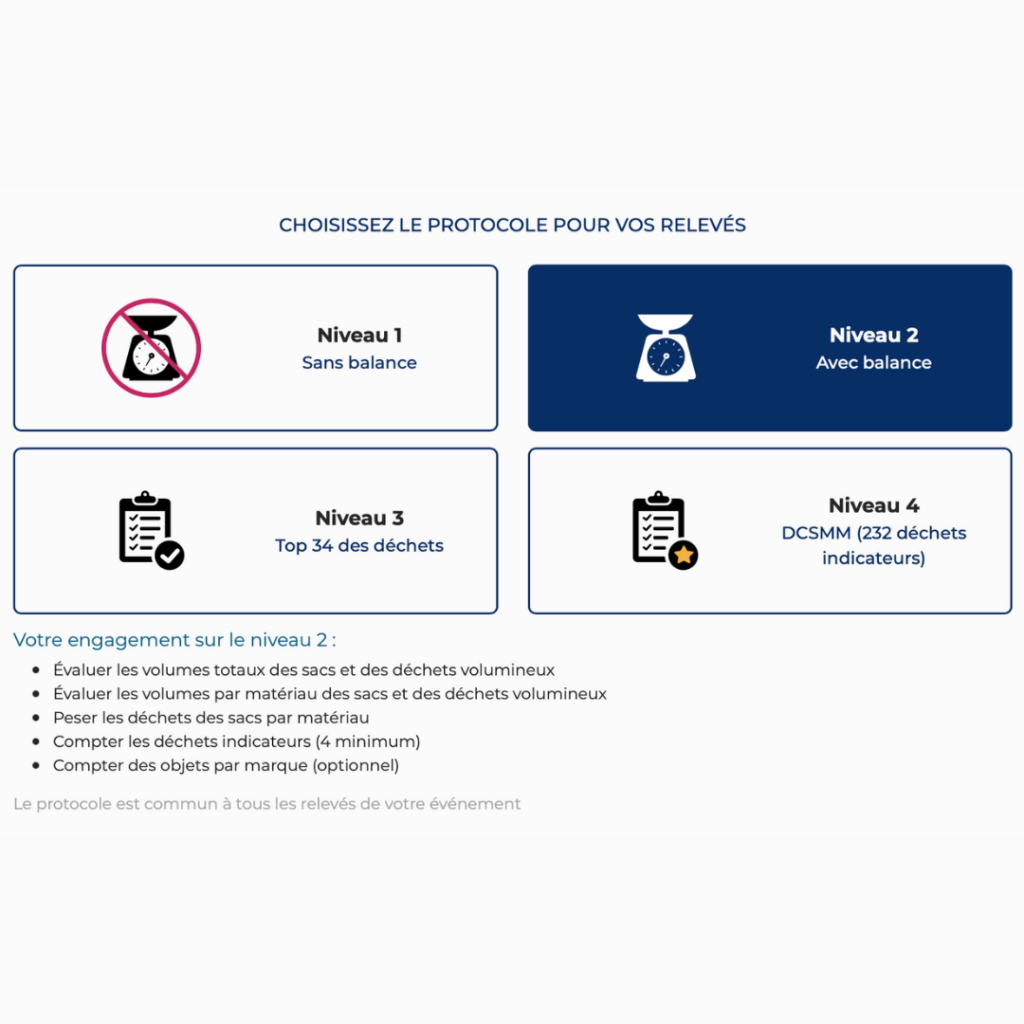
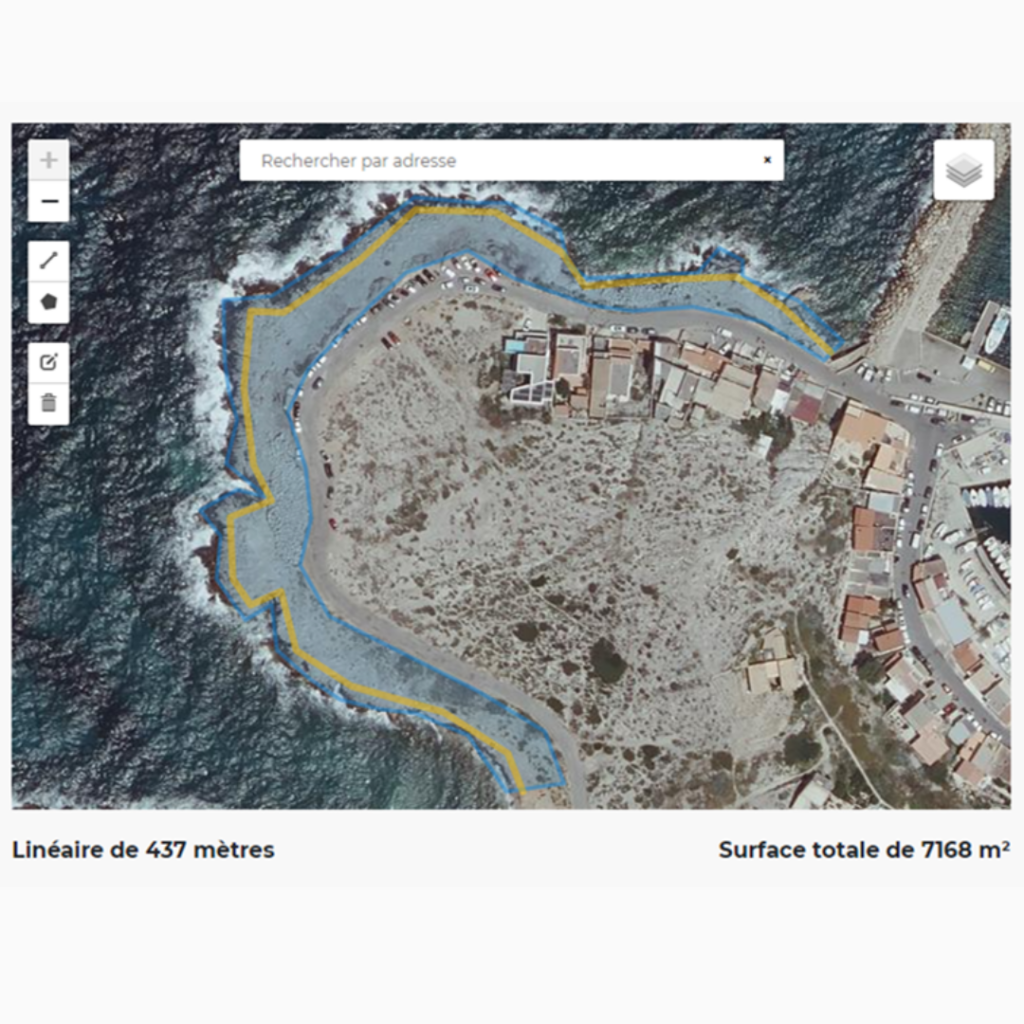
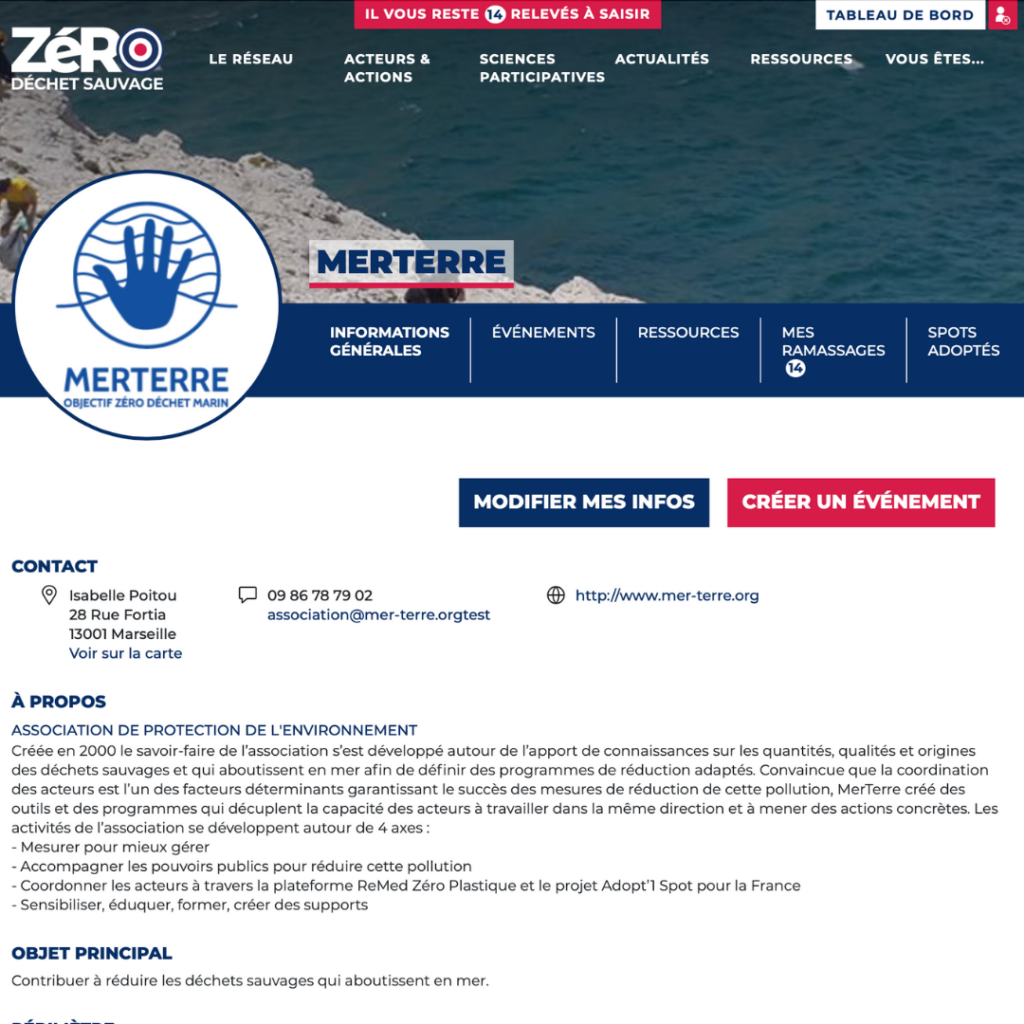
Access a dashboard to view and enter your data, organize a clean-up, monitor your adopted spots and share your resources with the network !
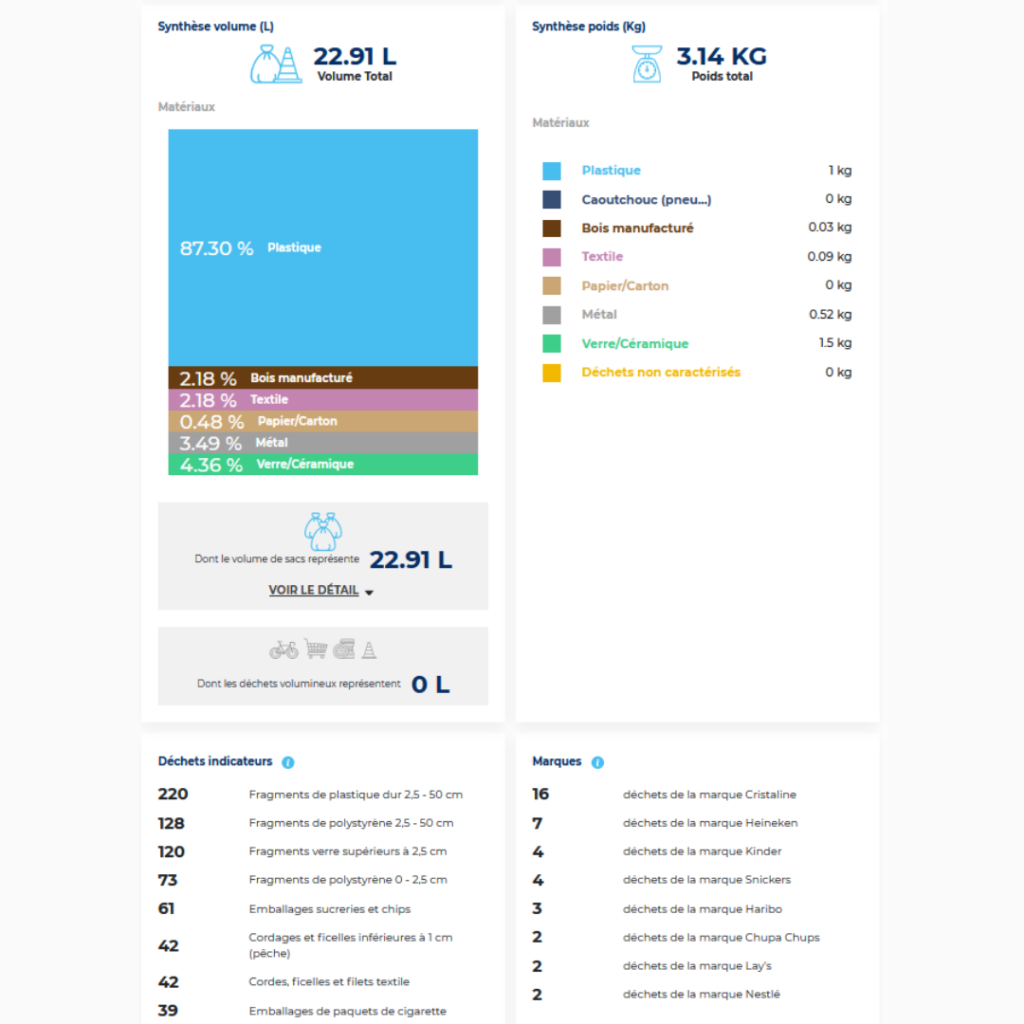
Adopt'1 Spot
Do you regularly organize clean-ups on the same spot ? Are you interested in a particular area and want to protect it for the long term ? Have you spotted a place that is particularly polluted by abandoned waste and want to raise awareness of the problem and monitor it ? Are you a teacher who wants to introduce your pupils to the scientific approach through participatory science ? Are you a site manager who would like to start a monitoring program ?
Adopt'1 Spot, a 3-in-1 program : Education, Preservation, Monitoring
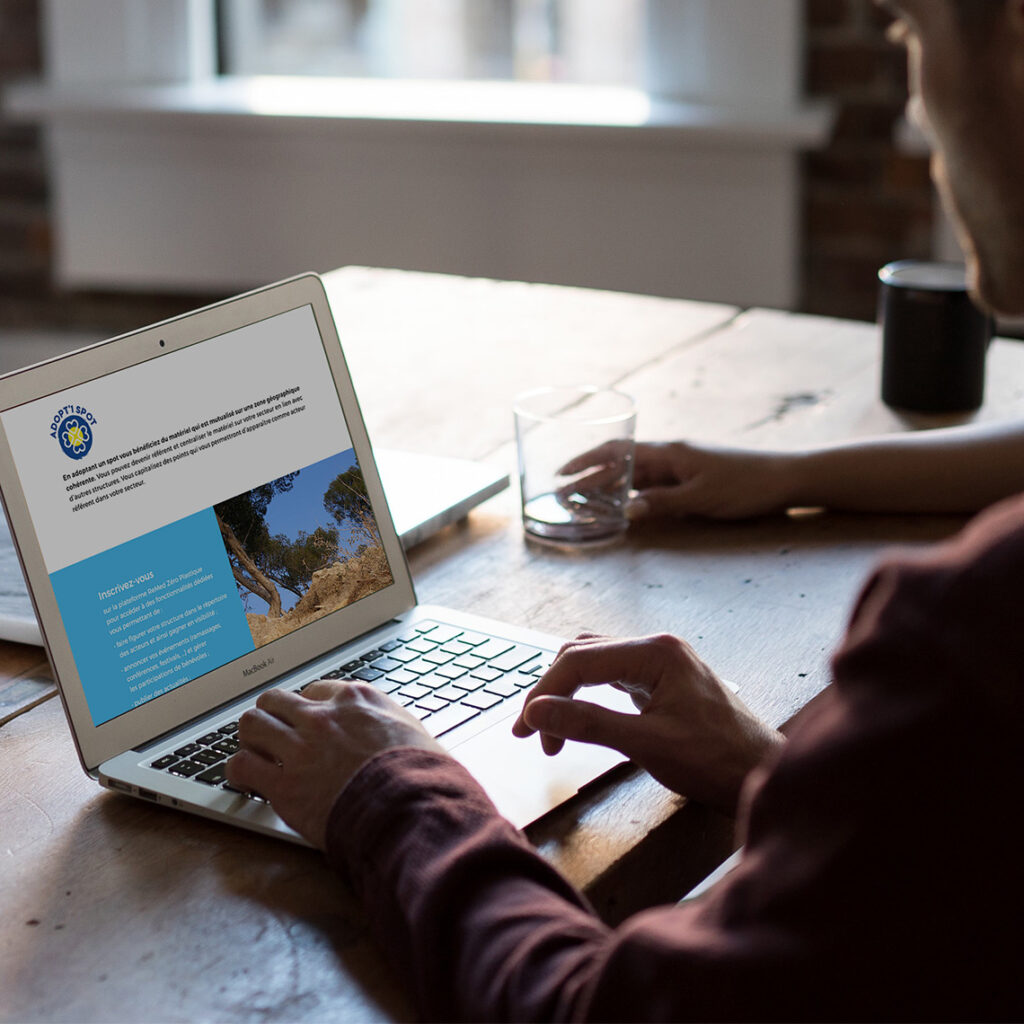
Your Zero-Waste kit
Discover the essential documents for understanding and using the Zero Dechet Sauvage collaborative science platform.
About :
In 2021, the national equivalent of the ReMed Zero Plastic platform : Zero Dechet Sauvage is launched thanks to the support of the French Ministry of Ecological Transition. As federating and versatile tools at the service of a large number of players, the platforms are regularly enriched with news and resources relayed on social networks. With its centralized database for France, the association aims to map litter over time and space, in order to draw up reduction plans adapted to each territory.

